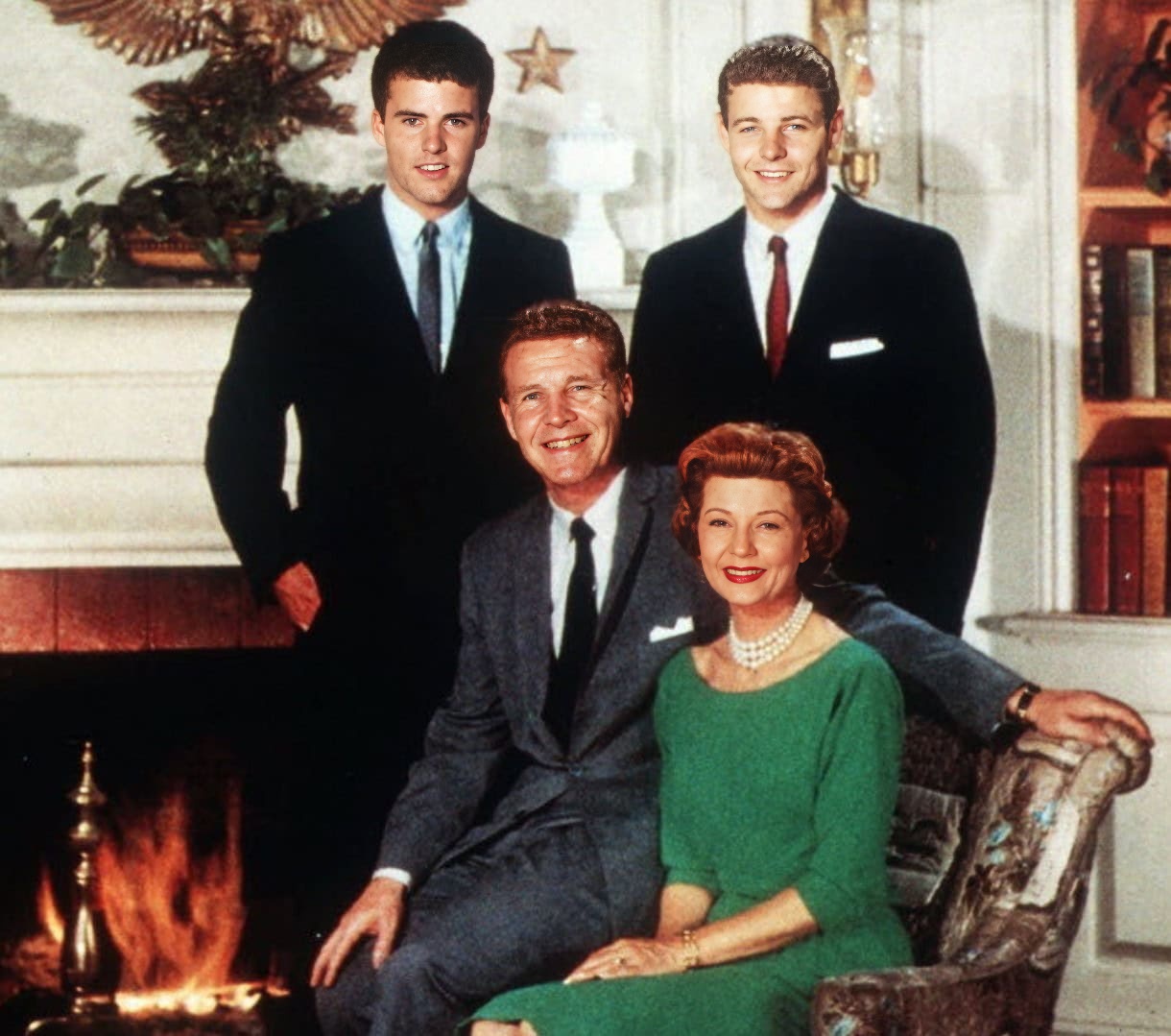
Ricky Nelson, born Eric Hilliard Nelson, was a quintessential teen idol of the late 1950s and early 1960s, seamlessly transitioning from child actor on his family’s sitcom, *The Adventures of Ozzie and Harriet*, to a chart-topping rock and roll star. He carved out a unique sound blending rockabilly, country, and pop, accumulating numerous hits like “Poor Little Fool,” “Hello Mary Lou,” and “Travelin’ Man.” Nelson earned a star on the Hollywood Walk of Fame in 1987 and was inducted into the Rock and Roll Hall of Fame, solidifying his legacy as a pivotal figure in early rock and roll.
“Teenage Idol – 1962” encapsulates the bittersweet reality of fame and the pressures associated with being a heartthrob. Released in 1962, the song delves into the emotional toll of maintaining a perfect image for adoring fans, highlighting the loneliness and vulnerability hidden beneath the surface of public adoration. The lyrics paint a picture of a young star struggling to live up to expectations, feeling isolated despite the constant attention and applause. The song’s somber tone distinguishes it from Nelson’s typically upbeat repertoire, reflecting a more introspective and mature perspective.
Upon release, “Teenage Idol – 1962” resonated deeply with audiences, particularly young fans who perhaps idealized Nelson and other teen stars. While not necessarily achieving the same chart-topping success as some of his earlier hits, it garnered significant attention for its introspective theme. Many listeners praised Nelson’s willingness to explore the darker side of fame, appreciating the song’s honesty and vulnerability. Critics also acknowledged the song’s maturity and its ability to provide a nuanced perspective on the challenges faced by young celebrities. It stands as a poignant reflection on the complexities of fame and the price of maintaining a public persona.